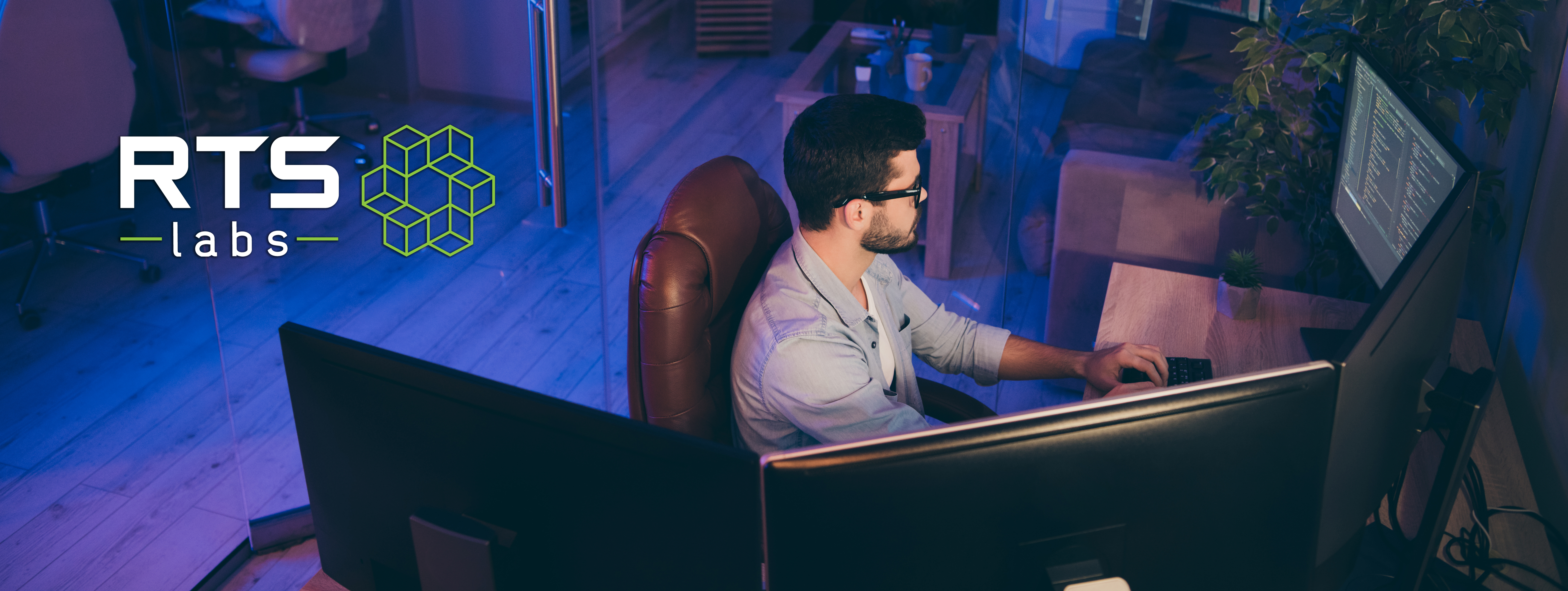- Discover the key components of an effective AI governance framework, including ethical principles, policies, organizational structures, training, and monitoring
- Learn best practices for developing and implementing AI governance strategies that mitigate risks and ensure responsible use
- Gain practical guidance on building a culture of ethical innovation and positioning your enterprise as a leader in responsible AI adoption
In the age of rapid technological advancement, artificial intelligence (AI) has emerged as a powerful tool for businesses to optimize processes, improve decision-making, and gain a competitive edge. However, as organizations increasingly adopt AI solutions, it is crucial to establish a robust governance framework to ensure the responsible and ethical use of this transformative technology. This article explores the key components of an effective AI governance framework and provides practical guidance for CTOs, CEOs, and decision-makers at enterprise-level companies.
The Need for AI Governance
As AI systems become more sophisticated and deeply integrated into business operations, they bring with them a unique set of challenges and risks. These include potential biases in data and algorithms, privacy concerns, transparency issues, and the unintended consequences of autonomous decision-making. Without proper governance, AI implementations can lead to legal liabilities, reputational damage, and erosion of public trust.
Moreover, the regulatory landscape surrounding AI is rapidly evolving, with governments and industry bodies introducing new guidelines and standards to promote responsible AI development and deployment. Companies that fail to proactively address these challenges risk falling behind their competitors and facing significant compliance issues down the line.
Key Components of an AI Governance Framework
1. Ethical Principles and Values
The foundation of any effective AI governance framework is a clear set of ethical principles and values that guide the development and use of AI within the organization. These principles should align with the company’s mission, vision, and core values, and industry best practices and societal expectations.
Some key ethical principles to consider include:
- Fairness and non-discrimination
- Transparency and explainability
- Accountability and responsibility
- Privacy and data protection
- Safety and security
- Human-centered design and oversight
By explicitly defining and communicating these principles, organizations can create a shared understanding of the ethical boundaries within which AI systems must operate and foster a culture of responsible innovation.
2. Policies and Procedures
To operationalize ethical principles, organizations need to develop comprehensive policies and procedures that govern the entire AI lifecycle, from data collection and model development to deployment and monitoring. These policies should clearly define roles and responsibilities, decision-making processes, and accountability mechanisms.
Key areas to address in AI governance policies include:
- Data governance: Ensuring the quality, integrity, and security of data used to train and operate AI systems
- Model development and validation: Establishing standards for model design, testing, and validation to mitigate biases and ensure reliability
- Deployment and monitoring: Defining processes for the controlled rollout of AI systems, ongoing performance monitoring, and incident response
- Transparency and explainability: Requiring clear documentation and communication of AI system functionalities, limitations, and decision-making processes
- Third-party risk management: Setting guidelines for the procurement and use of external AI solutions and services
By establishing clear policies and procedures, organizations can ensure consistent and compliant AI practices across the enterprise and minimize the risk of unintended consequences.
3. Organizational Structure and Governance Bodies
To effectively implement and oversee AI governance, organizations need to establish clear roles and responsibilities and create dedicated governance bodies. This may involve appointing an AI ethics officer or committee to provide guidance and oversight, and cross-functional teams to manage specific aspects of AI governance.
Key roles and responsibilities in AI governance may include:
- AI ethics officer or committee: Responsible for developing and maintaining the AI governance framework, providing guidance on ethical issues, and monitoring compliance
- Data governance team: Responsible for ensuring the quality, integrity, and security of data used in AI systems
- Model development and validation team: Responsible for designing, testing, and validating AI models to ensure reliability and mitigate biases
- Deployment and monitoring team: Responsible for the controlled rollout of AI systems, ongoing performance monitoring, and incident response
- Legal and compliance team: Responsible for ensuring compliance with relevant laws, regulations, and industry standards
By creating a clear organizational structure and empowering dedicated governance bodies, enterprises can ensure that AI governance is effectively integrated into business operations and decision-making processes.
4. Training and Awareness
To foster a culture of responsible AI and ensure the effective implementation of governance policies, it is essential to provide comprehensive training and awareness programs for all stakeholders involved in AI development and use. This includes not only technical teams but also business leaders, legal and compliance professionals, and end-users.
Training and awareness programs should cover:
- Ethical principles and values guiding AI use within the organization
- Policies and procedures governing the AI lifecycle
- Best practices for responsible AI development and deployment
- Potential risks and unintended consequences of AI systems
- Incident reporting and escalation processes
By investing in ongoing training and awareness initiatives, organizations can build the necessary skills and knowledge to effectively navigate the complexities of AI governance and promote a shared sense of responsibility for the ethical use of AI.
5. Monitoring and Auditing
To ensure the effectiveness of AI governance frameworks, organizations must establish robust monitoring and auditing processes. This involves regularly assessing the performance and compliance of AI systems, identifying potential issues or deviations from policies, and taking corrective actions as needed.
Key elements of AI monitoring and auditing include:
- Continuous monitoring of AI system performance and outcomes
- Regular audits of AI models, data, and processes for compliance with governance policies
- Incident reporting and investigation processes
- Mechanisms for stakeholder feedback and grievance redressal
- Periodic review and update of governance policies based on emerging risks and best practices
By implementing comprehensive monitoring and auditing mechanisms, enterprises can proactively identify and address AI governance issues, demonstrate accountability, and build trust with stakeholders.
Final thoughts
As AI continues to transform industries and shape the future of business, the development and implementation of effective governance frameworks have become a critical priority for enterprise leaders. By establishing clear ethical principles, policies, organizational structures, training programs, and monitoring processes, companies can harness the power of AI while mitigating risks and ensuring responsible use.
Decision-makers at enterprise-level companies must take a proactive and holistic approach to AI governance, engaging stakeholders across the organization and fostering a culture of ethical innovation. By doing so, they can not only safeguard their organizations against potential pitfalls but also position themselves as leaders in the responsible adoption of AI, driving long-term value and trust in the age of intelligent systems.
FAQs: Your AI Governance Questions Answered
Q: Why is AI governance important for enterprises?
A: AI governance is crucial to ensure the ethical and responsible use of AI in your organization. It helps mitigate risks like bias, discrimination, and unintended consequences, while also building trust with customers and stakeholders.
Q: Who should be involved in developing and implementing an AI governance framework?
A: AI governance should involve a cross-functional team, including:
- Executive Leadership: To provide top-down support and guidance
- Data Scientists and AI Engineers: To ensure technical expertise and adherence to best practices
- Legal and Compliance Experts: To address legal and regulatory requirements
- Ethics Officers or Committees: To provide ethical oversight and guidance
Q: What are some key challenges in implementing AI governance?
A: Challenges can include:
- Rapidly evolving technology: AI is advancing rapidly, making it difficult to keep policies and practices up-to-date.
- Data quality and bias: Ensuring the data used to train AI models is accurate, representative, and free from bias can be challenging.
- Organizational culture: Shifting to a culture of responsible AI adoption requires change management and buy-in from all levels.
Q: How often should we review and update our AI governance framework?
A: It’s recommended to review and update your framework at least annually, or more frequently if there are significant changes in your AI use cases, technology, or the regulatory landscape.
Q: Can we leverage existing frameworks like the NIST AI Risk Management Framework?
A: Absolutely. Existing frameworks can provide valuable guidance and best practices. However, it’s important to tailor them to your organization’s specific needs and risk profile.
Q: What are the potential consequences of not having an AI governance framework?
A: Lack of AI governance can lead to:
- Legal and regulatory risks: Non-compliance with data protection laws or ethical guidelines can cause fines and legal action.
- Reputational damage: Negative publicity from AI mishaps can harm your brand image and customer trust.
Business risks: Unreliable or biased AI systems can lead to poor decision-making and financial losses.
Ready to adopt AI capabilities into your business? Partner with RTS Labs, your trusted technology consultants, to implement cutting-edge AI technologies tailored to your needs.







